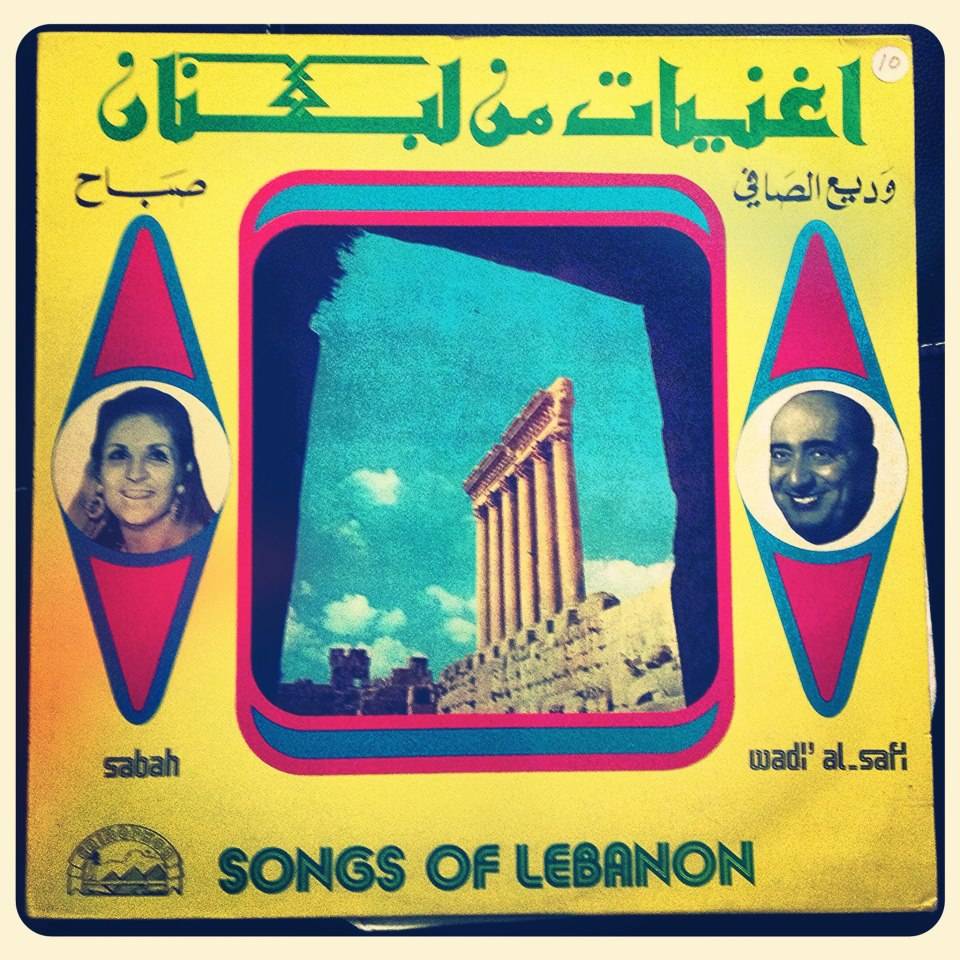Introducing Dabkeh: A Lebanese Hip Hop Album from Austria
To Western ears, hip hop from the Arab world will always have a certain unique flavor to it, with production featuring Oriental strings, oud melodies, and derbakkeh hits. This Monday saw the release of Dabkeh, an instrumental hip hop album that reliably captures that distinct Lebanese style. One thing though: it was made by Austrians.

(Photo via Facebook)
Restless Leg Syndrome is a crew of producers and turntablists from Austria, consisting of d.b.h, Chrisfader, and Testa. Their mission: “Take a specific genre of music, sample and flip it into danceable beats.” After taking a crack at swing music in their first EP, Swapping Swingers, they set their sights eastward on Dabkeh, and put a new spin on the sounds of Lebanese folklore.
For Holger Hoertnagl (AKA d.b.h), this project has been a long time coming: “I have been collecting Arabic records, tapes, and CDs since the mid-nineties and have always been fascinated by them.” He elaborates: “After hearing Imhotep’s album Blueprint (1998), where he sampled mainly Maghreb music, I knew I wanted to do something in the same direction. It took some time, but eventually we [Restless Leg Syndrome] started working on this as a group last year.”
Armed with an extensive multi-format collection and an urge to marry east with west, Restless Leg Syndrome set forth to conceive an album of exotic (to Western ears at least) instrumental hip hop beats with extensive use of Lebanese musical elements, such as strings, oud, qanun, derbakkeh, syncopated guitar, Arabic vocal samples, the sound of an arguileh being smoked (it’s music to some at least), etc. The majority of the tracks are dancefloor-friendly grooves, while some are steadier, more contemplative pieces, all making up a fresh work of Oriental fusion.
What kinds of sounds from Lebanon’s musical heritage were these Austrian beatmakers drawn to? “We mainly dug for vintage records from the 60s and 70s. Some of the artists are quite famous and most of them were traditional and orchestral recordings, though there was also some instrumental bellydance music,” says Hoertnagl. Even the squeaky clean modern Oriental sounds heard in our mainstream chart-toppers today were given a twist: “We got the drums and percussion from a very professionally recorded production library, which I luckily got from a friend who produces contemporary Arabic pop. We learned all the different rhythms from there and got some drum hits and strings that we ended up using.”
(Photo via Facebook)
Hoertnagl notes the relevance that a lot of the material still has to this day, and its enduring ability to excite Lebanese people, both young and old: “A big difference between Europe and Lebanon is that in Lebanon, whenever an old folkloric song comes up, everybody sings or claps along, and even the young people know these songs and like them. Over here that does not exist.” If the youth already find these tunes appealing, then perhaps these modern rearrangements may pique their interest even more.
At this point, it’s too early to predict what kind of reception the album will receive from a Lebanese audience, but Restless Leg Syndrome is quite curious, and plan on finding out first-hand: “We definitely want to come to Beirut to play Dabkeh and see the reaction. Hopefully, it will happen in November.”
You can listen to Dabkeh on Restless Leg Syndrome’s Bandcamp page and keep up with their latest activities on Facebook.






